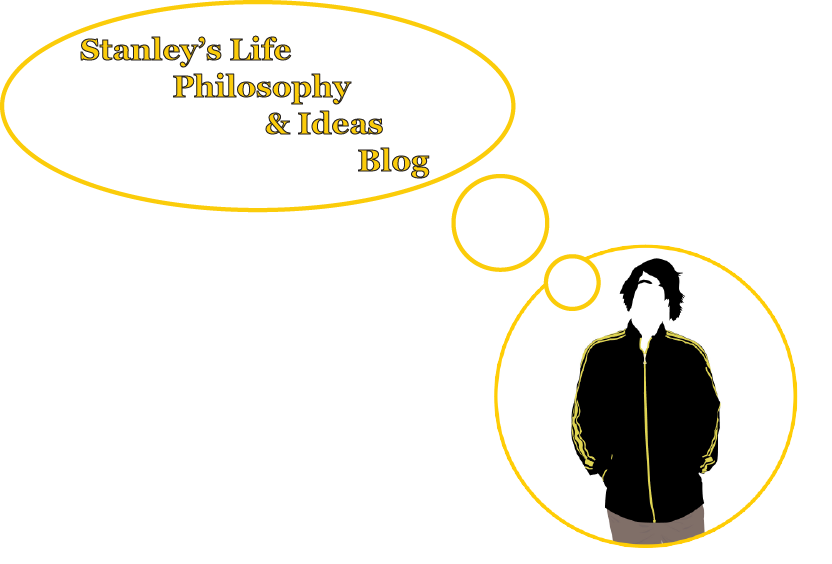Regarding the Theory of Forms in which we associate with objects of our own definitive understandings, like that of the shadows in Plato's caves, I find to be self relative as well as collective-relative if in a group. If we were a person in the cave alone, it could be a different interpretation of the shadows rather than having a group to help define the shadows. Regardless if one is interpreting a shadow by themselves or in a group, they both have the same psychological analytical processes. Although the shadows seem real because of being in a cave for so long, once released into the real world, the mind will adapt to the new collective. I think this fits the same narrative as the truth will set you free. In this case self discover taking on the psychological effect of personal-analysis as way of self-education to which expands then mind. Regarding the true definition of forms, just as Hume stated, there is no complete objective proof that an object truly exists, for the proof would have to be in reality itself. Perhaps the exploration of micro quantum mechanics or the study of dimensions can give us an idea of what may be reality, but there is always the possibility that the argument of what is reality, or the forms in reality to which we interpret and define, may not have an answer-at-all but a series of properties. I suppose an example for this could be looking at a tiny metallic surface of a colossal hard-to-see almost infinite gear which is part of a larger mechanism, or a single cell which is part of a more larger function and body.
Wednesday, August 17, 2016
My thoughts on Plato's Allegory of the Cave
Regarding the Theory of Forms in which we associate with objects of our own definitive understandings, like that of the shadows in Plato's caves, I find to be self relative as well as collective-relative if in a group. If we were a person in the cave alone, it could be a different interpretation of the shadows rather than having a group to help define the shadows. Regardless if one is interpreting a shadow by themselves or in a group, they both have the same psychological analytical processes. Although the shadows seem real because of being in a cave for so long, once released into the real world, the mind will adapt to the new collective. I think this fits the same narrative as the truth will set you free. In this case self discover taking on the psychological effect of personal-analysis as way of self-education to which expands then mind. Regarding the true definition of forms, just as Hume stated, there is no complete objective proof that an object truly exists, for the proof would have to be in reality itself. Perhaps the exploration of micro quantum mechanics or the study of dimensions can give us an idea of what may be reality, but there is always the possibility that the argument of what is reality, or the forms in reality to which we interpret and define, may not have an answer-at-all but a series of properties. I suppose an example for this could be looking at a tiny metallic surface of a colossal hard-to-see almost infinite gear which is part of a larger mechanism, or a single cell which is part of a more larger function and body.
Subscribe to:
Post Comments (Atom)


No comments:
Post a Comment